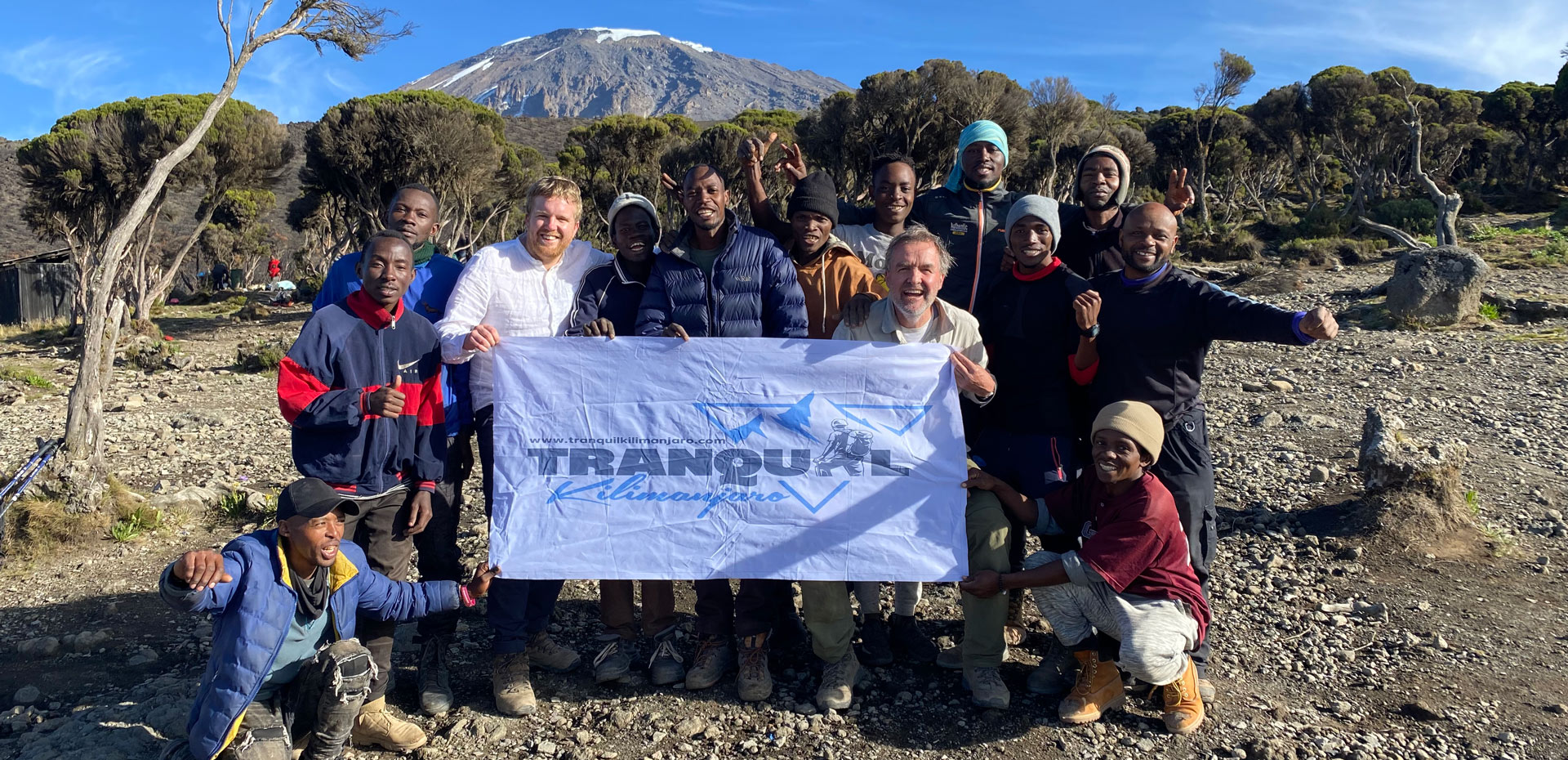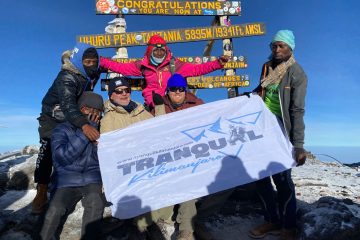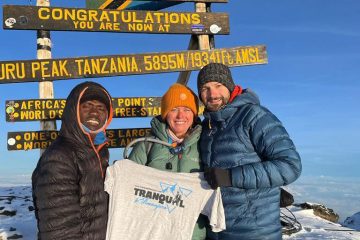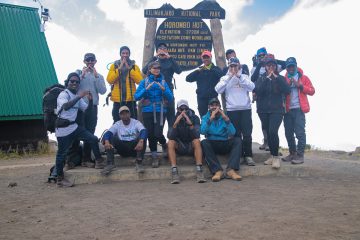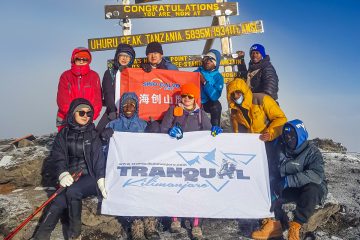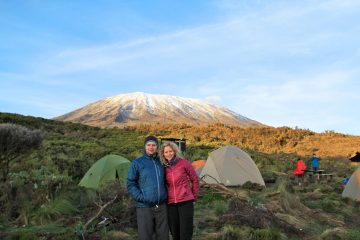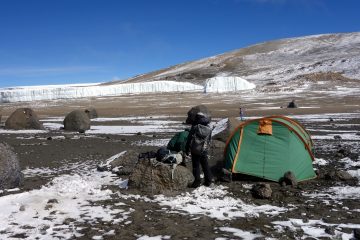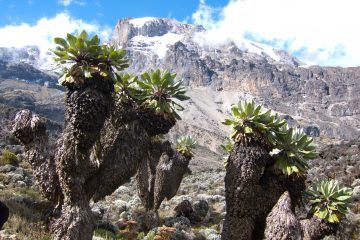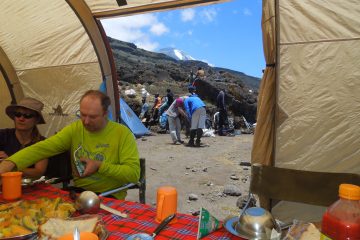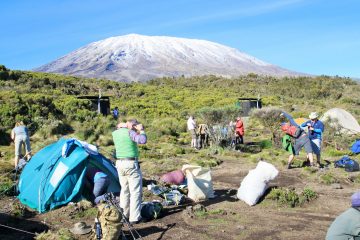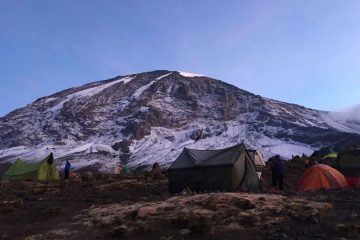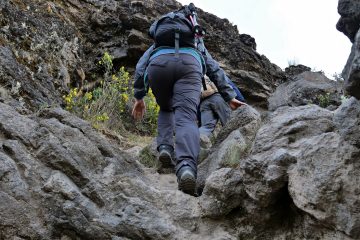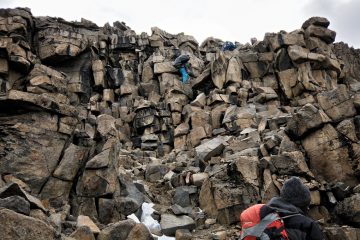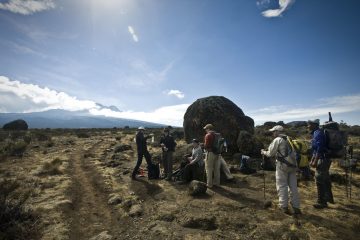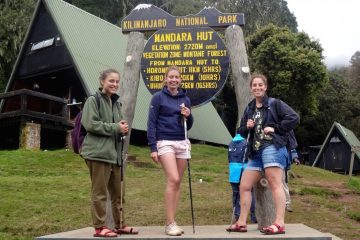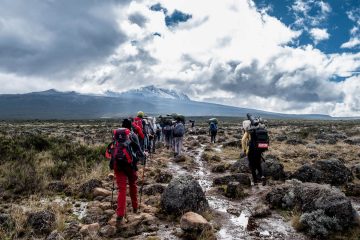Mount Kilimanjaro, located in Tanzania, is the highest freestanding mountain in the world and a dream destination for adventurers and nature lovers. Its breathtaking landscapes, diverse ecosystems, and the thrill of reaching its summit make it a once-in-a-lifetime experience. At [Company Name], we specialize in organizing Kilimanjaro climbs, providing expert guidance and exceptional services to ensure an unforgettable journey for our climbers.
2. Our Competitive Prices for Kilimanjaro Climbing Packages
We understand that budget plays a crucial role in planning any adventure. Therefore, we offer competitive prices for open-group Kilimanjaro climbs. Here is a breakdown of our prices for 2023 and 2024:
Please note that these prices are subject to change, and for private or tailor-made climbs, we recommend contacting us directly to discuss your specific requirements.
3. Our Kilimanjaro Tours Include
When you choose Tranquil Kilimanjaro for your Kilimanjaro climb, you can rest assured that we have taken care of all the essential elements to ensure your safety, health, and comfort throughout the journey. Here are some of the inclusions you can expect:
Qualified and Trained Guides
We prioritize your safety by providing qualified guides who have been carefully selected and extensively trained by us. For every two climbers, we assign a minimum of one experienced guide, ensuring personalized attention and support throughout the climb.
Comprehensive Safety Measures
Your well-being is our top priority. We include National Park Fees and Rescue Service in your package, ensuring you have access to immediate assistance in case of any emergencies. Our chief guide carries a Pulse Oximeter, a device used to monitor your blood-oxygen levels, enhancing safety on the mountain. Additionally, we provide emergency oxygen for use in critical situations.
Health Support and Hydration
Staying healthy and hydrated is vital during your Kilimanjaro climb. To support your well-being, we offer complimentary 3 liters of mineral water per hiker for the first day, and 3 liters of purified water per person per day from night one onwards. Our guides conduct twice-daily health checks to monitor your condition and ensure a successful ascent.
Comfortable Camping Equipment
We believe that a comfortable resting environment is essential for a successful climb. Our packages include superior quality camping equipment such as tents, sleeping mats, tables, and chairs, creating a cozy atmosphere for you to relax and rejuvenate after a day of trekking. For climbers on the Marangu route, where meals are served at designated dining halls, we ensure a hassle-free dining experience.
Premium Hotel Accommodation
To provide you with a seamless experience from the beginning, we offer a complimentary meet and greet on arrival at Kilimanjaro Airport. You’ll enjoy one arrival and one departure private airport transfer per group, traveling in a private vehicle with a dedicated driver. We arrange comfortable hotel accommodation, including storage facilities for excess luggage during hikes. Rest assured, we select the best premium hotels as a standard option for our climbers.
Responsible Tourism Practices
We believe in responsible tourism and aim to make a positive impact on the local community and environment. As a member of Leave No Trace, we follow ethical practices and ensure fair treatment of our porters. Additionally, we support local schools, orphanages, and local entrepreneurs, contributing to the welfare of the region. With us, you can climb Kilimanjaro with a clear conscience, knowing that your journey has a positive influence.
4. What’s Not Included in Our Prices
While we strive to provide comprehensive packages, there are a few items that are not included in our prices. These include:
- Airfares and departure taxes
- Personal gear
- Tips for guides, porters, and cook
- Entry visa for Tanzania
- Vaccinations
- Travel Insurance
- Alcohol and beverages
Please keep these additional costs in mind when planning your Kilimanjaro climb.
Conquering Mount Kilimanjaro is a remarkable achievement and an adventure of a lifetime. At Tranquil Kilimanjaro, we offer competitive prices, unparalleled services, and a commitment to your safety and well-being. Our comprehensive packages include qualified guides, safety measures, health support, comfortable camping equipment, premium hotel accommodation, and responsible tourism practices. Take the first step towards an extraordinary journey by choosing us for your Kilimanjaro climb.
Get ready to embark on an extraordinary journey to the rooftop of Africa! Book your Kilimanjaro climb with Tranquil Kilimanjaro now and create memories that will last a lifetime.
More About Kilimanjaro Climbing Tour Packages
All your questions about our exclusive deals, offers, and affordable Mount Kilimanjaro tour packages are answered below. Please note, you can always customize your Mount Kilimanjaro tour to include a safari or Zanzibar add-on package. Also, we strongly advise that if you do not have prior Mountain climbing experience, please choose the longer route variations with an extra acclimatization day.
Why should I choose a Kilimanjaro climbing tour?
When a journalist asked George Mallory why he intended to climb Mt. Everest in 1923, he replied, “Because it’s there.” It’s a one-liner that equally applies to Africa’s tallest mountain, Mt. Kilimanjaro. Kilimanjaro is not just Africa’s tallest peak, but also the world’s biggest freestanding mountain, towering at 5,895m/19,341ft. It’s not part of a mountain range, therefore it’s freestanding. Mt. Kilimanjaro is Africa’s most famous mountain. The sight of elephants in front of Mount Kilimanjaro is simply Africa for many people. While the mountain’s grandeur seems intimidating, it’s actually rather simple to climb. A week-long mountain climbing excursion may also be easily incorporated into a typical safari.”
How long do I need to complete the climb and does that include time to acclimatize?
“Kilimanjaro may be hiked by a variety of ways. Some of these are only appropriate for people who have prior climbing expertise. The Marangu Route is the conventional route, which is frequently advertised as a four-night, five-day return climb. In actuality, you’ll be climbing to over 6,000 meters (19,685 feet). This five-day plan does not provide for adequate acclimatization. This timetable should be extended by at least one day to allow for a safer climb. Better still, take one of the other longer and calmer routes, which will help you to acclimate more naturally.
The Shira Plateau Route, Machame Route, and Northern Circuit Route (the most difficult of the three) are all safer options. These are much more gratifying than Marangu and have a fraction of the crowds.”
What level of fitness and experience will I need for a Kilimanjaro mountain climbing tour?
“Mt. Kilimanjaro is a massive peak, and summiting it should not be taken lightly. Nonetheless, this is one of the most accessible mountains of its size. No specific climbing expertise or equipment is necessary for any of the conventional routes. It’s just a long, steady journey uphill. It should be climbable by anyone who is fairly healthy and determined. Warm gear is required, including a heavy mountain jacket, thermals, gloves, and a cap. You’ll also need a four-season sleeping bag that’s quite warm.
Altitude is the most prevalent reason for failure to reach the top. The usual five-day mountain climbing tour just does not provide enough acclimatization. Adding an extra acclimatization day or taking a longer and more gradual path is preferable to rushing up and down.”
What does a typical day look like on a Kilimanjaro climb?
“Days on Kilimanjaro start early, and you’ll usually shiver your way out of your sleeping bag just after sunrise. You’ll be back in your hiking boots after a warm cup of oatmeal or something similar. You’ll walk till noon, with stops to take in the beautiful views or regain your breath. A healthy packed lunch will be provided. After that, another couple of hours of walking will bring you to your nighttime destination by mid to late afternoon. Hopefully, your porters have come ahead of you and are brewing a refreshing cup of tea. Dinner is provided at a reasonable hour. Most individuals burrow back into the warmth of their sleeping bag and pass off to sleep just after dark.
Keep in mind that the higher you climb, the more likely your sleep may be interrupted. The cold and a lack of oxygen make evenings extremely unpleasant over 4,000m/13,123ft. On summit day, you can completely forego sleep. Around 1 a.m., the majority of the campers left. They hike through the night with flashlights in order to reach the peak before dawn.”
What kind of accommodation will I stay in on a Mt. Kilimanjaro climbing trip?
“Basic! You’ll be camping or staying in one of the mountain’s extremely basic trekkers’ A-shaped cabins. The huts are exactly that: huts, with dorm-style beds. The sole source of heat will be the tired bodies that share the cabin. If you choose to camp, your trekking company will supply modest two-man dome tents. These are comfier than the cottages for sleeping. They’re also a little more private! A considerably larger eating tent is provided by better tour companies. Tables and camp chairs will be provided by the more upscale firms. These little things may not seem like much, but the extra comfort they give may make a big impact on your journey.”
How much does a Mount Kilimanjaro tour package cost?
“Climbing Kilimanjaro may be a costly endeavor. Every trekker must be part of a group that includes a guide and at least one porter. For the four-night, five-day Marangu Route, the cheapest, shortest, and most basic packages start at US$1,500 per person. Prices increase with each additional day and are dependent on the route you select. A seven-day trip on the Shira Plateau Route costs at least US$2,000. This is the one we suggest because of the variety of scenery and the opportunity to thoroughly acclimate. It’s worth it to spend a bit extra for nicer meals and newer, higher-quality tents. It’s also beneficial to have a guide who can point out wildlife and fascinating sights.
Before booking a Kilimanjaro vacation, double-check what’s included and what’s not. Keep in mind that guides and porters will always demand gratuities. Even the cheapest Kilimanjaro trip can cost an extra couple of hundred dollars because of this.”
What should I consider when choosing a Kilimanjaro climbing tour?
“Before opting to climb Mt. Kilimanjaro, the most essential question to ask yourself is if you have the stamina and drive to reach the summit. It’s not a difficult mountain to climb, but it’s also not a stroll in the park. Long, energy-draining days are to be expected, as are hurting muscles, probable altitude issues, and severe cold. Don’t sign up for a Kilimanjaro trip if none of these appeal to you. You should also think about the time of year. The months of July through October, as well as January and February, are the driest and most comfortable for climbing.
Avoid going during the rainy season, when the trails may be muddy or snow-covered, and the views will be limited. Finally, give yourself plenty of time to adjust. The majority of people don’t, and many regret their decision because altitude sickness is frequently the result.”

